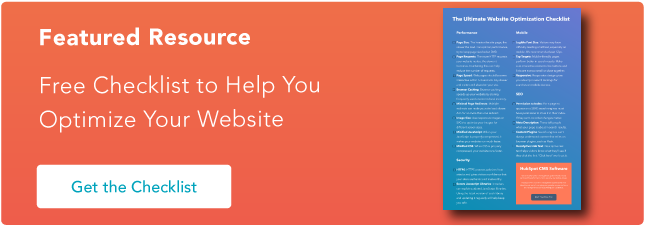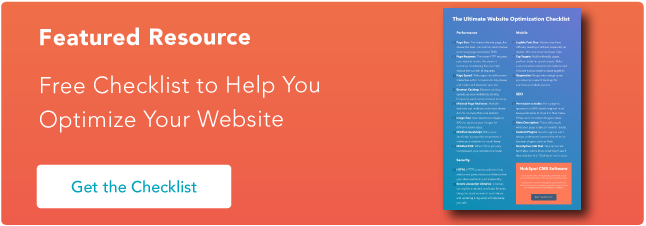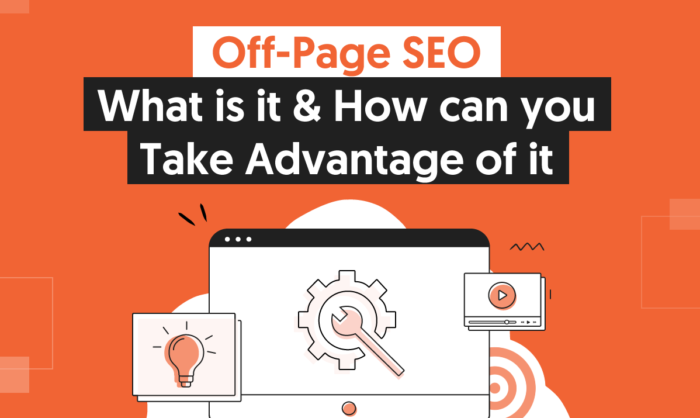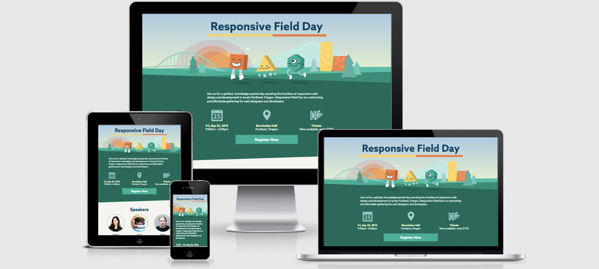The 4 Most Important Pages on Your Website (& How to Optimize Them)

By np@neilpatel.com (Neil Patel)
When you’re knee-deep into the design of your website, it’s hard to admit this fact: Some of the pages on your website are more important than others.
Okay, many of you probably find that fairly obvious — but I’m surprised how rarely content managers and web designers actually apply this knowledge to their websites to improve conversions.
I’m all about low-hanging fruit and taking on the easiest tasks that will have the biggest results. What I’m about to describe in this article has the potential to improve your site dramatically with just a few, critical changes.
In this post, I’ll explain how to optimize each one of these pages. And if your most-visited pages are different from the ones listed above, you’ll still learn a framework for optimizing any of the important pages on your website.
What is website optimization?
You’ve probably heard the word “optimize” most commonly used in phrases like “search engine optimization” (SEO) and “conversion rate optimization” (CRO). I’m actually referring to something broader here, but the advice that I’m delivering will help to enhance both of those.
The optimization I’m going to explain will create user optimized pages. In the pursuit of SEO and CRO, it’s easy to overlook the broader, big-picture idea. First and foremost, a site must be optimized for the user. The best place to see big results quickly is to start optimizing the most visited pages of your site.
Let’s get right into it. Every website is different, but generally speaking, here are the four most important (and often most-visited) pages on a website:
Home Page
The home page is the first impression of your business to potential customers. And although your time limit on making an amazing impression is several times longer online than it is in real life (62 seconds on average is spent by people viewing a website) you’ll want to make every second count.
It’s tempting to put every remotely relevant fact about the business on the home page, but resist the urge. Remember, your home page is the first step of the journey — not the final destination. The copy, design, and visuals should guide the visitor to their next step, or the call-to-action.
About Page
Customers, investors, candidates for hire, and even competitors might all use your about page to learn more information about your company. An about page typically includes a brief company history, mission or vision statement, executive leadership bios, and a few impactful client testimonials.
Blog Page
It’s no secret that blogging is a tried-and-true method to optimize a website for keywords related to a business. Rather than loading up several product pages for each individual keyword you want to rank for, a blog can serve as a more efficient way to weave storytelling, product mentions, and sign up links together in order to answer potential customer inquiries, solve problems, and pose your product or service as the preferred solution.
Contact Us Page
For many small businesses and freelancers, …read more
Source:: HubSpot Blog









